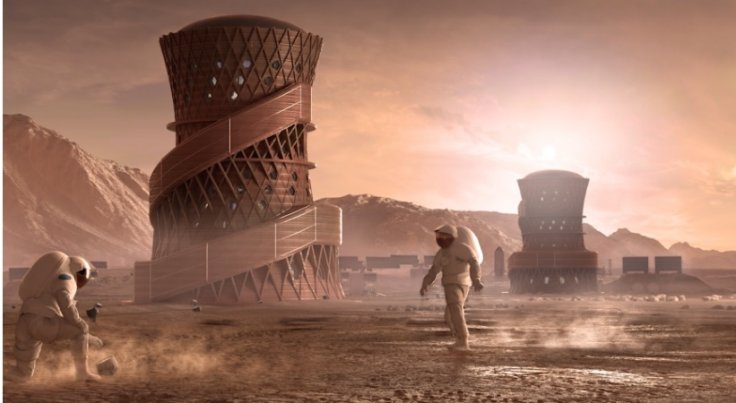
Several scientists had previously warned that space radiation could be the most challenging factor astronauts should overcome during long space flights. Now, a new study report has revealed that a type of fungus found at the Chernobyl nuclear disaster site could protect astronauts from deadly radiations during deep space missions.
Protecting Astronauts from Space Radiation
In the study report published in the journal bioRxiv, researchers noted that the greatest hazard humans will face during long missions will be nothing but space radiation. According to the report, the fungus which is thriving at the Chernobyl nuclear disaster site is effectively performing radiosynthesis using melanin to convert gamma radiation into chemical energy.
The fungus named Cladosporium sphaerospermum was tested at the International Space Station, and scientists found that this microbe could be of great help during long space missions, which include the future Mars colonization project. The study also found that this fungus can be grown in space.
"Growth of Cladosporium sphaerospermum and its capability to attenuate ionizing radiation was studied aboard the International Space Station (ISS) over a time of 30 days, as an analog to habitation on the surface of Mars. Growth characteristics further suggested that the fungus not only adapts to but thrives on and shields against space radiation, in accordance with analogous Earth-based studies," wrote the researchers in the study report.
Is Mars Mission Suicidal?
A few months back, Samantha Rolfe, a popular astrobiologist, had claimed that the upcoming human mission to Mars will be suicidal. According to Rolfe, space agencies will be actually risking the lives of astronauts, as space radiation could cause serious health hazards.
In the meantime, a section of space scientists believes that sending robots powered with artificial intelligence (AI) could be the best option to solve the problem of space radiation. According to these scientists, robots that reach Mars should build a safe haven for humans, and thus the issue of space radiation can be addressed effectively.









